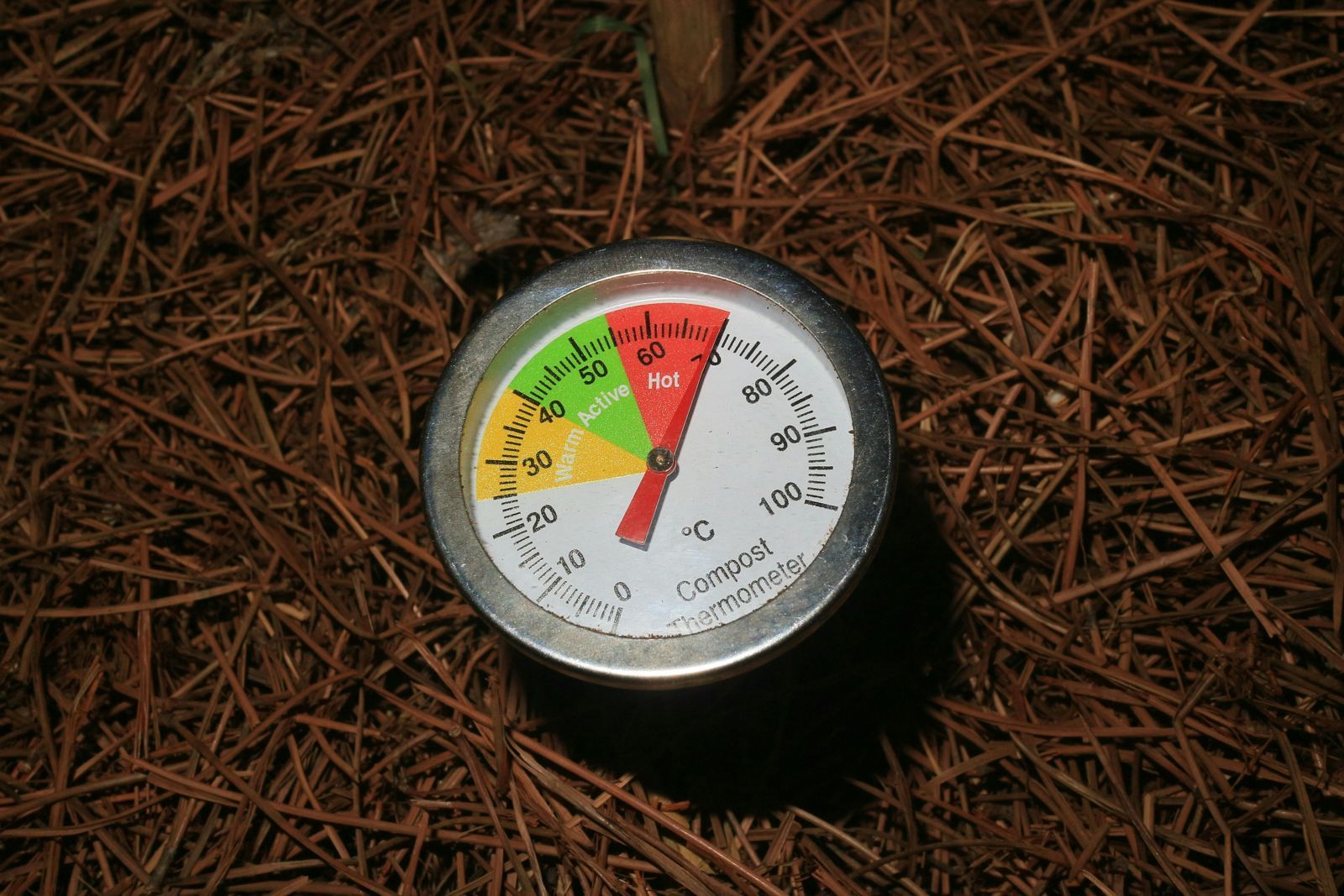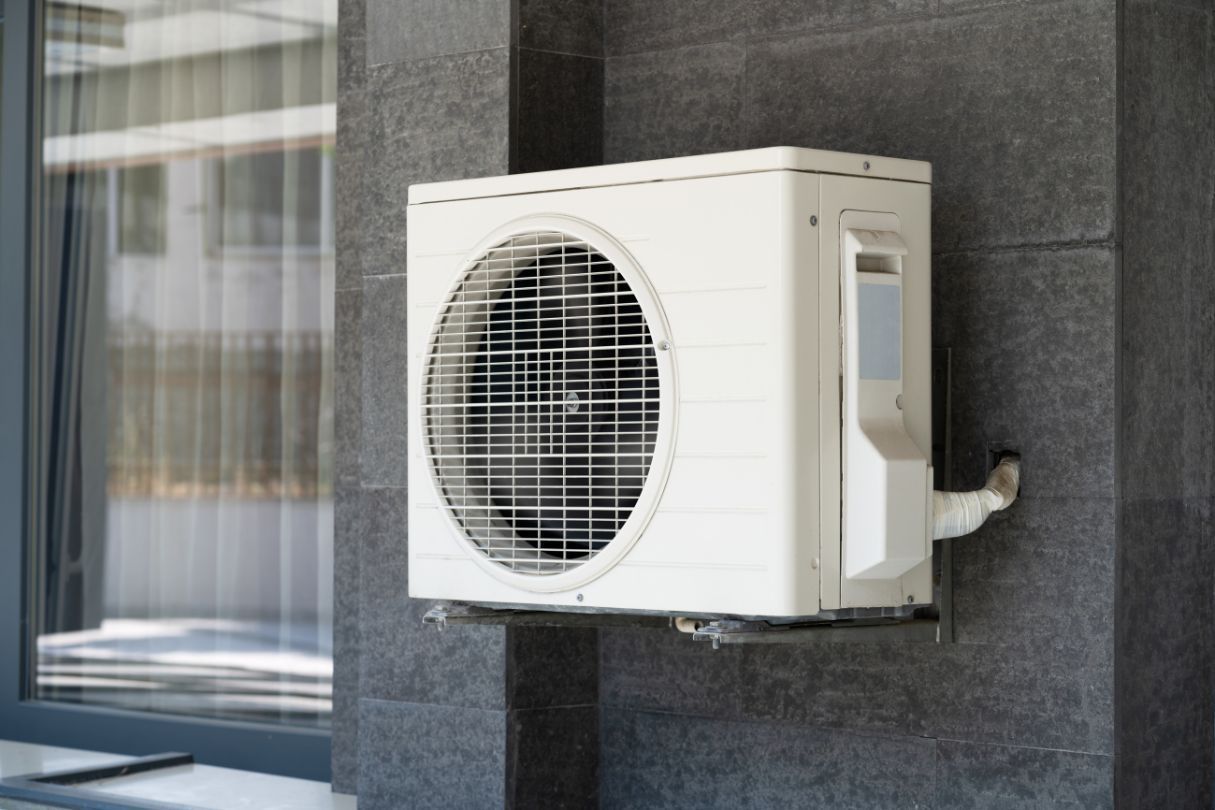Boost Your Savings: Smart Controls for Air Source Heat Pumps
Smart heat pump controls have emerged as a game-changer for air source heat pump (ASHP) owners in the quest for more efficient home heating. These smart systems can significantly improve energy-efficient ASHP operation, lowering bills and reducing carbon footprint. Let's explore how these innovative controls can help you maximise your energy savings.
The Power of Smart Controls
Smart home heating solutions integrate seamlessly with air-source heat pumps, offering precise control over your home's temperature. Unlike traditional thermostats, programmable thermostats for ASHPs learn your habits and preferences, automatically adjusting settings for optimal comfort and efficiency.
Automation for Optimization
Heat pump automation systems take the guesswork out of optimising air source heat pump performance. These systems use advanced algorithms to:
- Predict heating needs based on weather forecasts
- Adjust output according to occupancy patterns
- Balance comfort with energy efficiency
These systems ensure your ASHP runs at peak efficiency by continuously fine-tuning operations.
IoT Integration
IoT-enabled heat pump controls bring a new level of convenience and efficiency to home heating. With these systems, you can:
- Control your ASHP from anywhere using a smartphone app
- Integrate heating with other smart home devices
- Receive real-time energy consumption data
This connectivity allows for more informed decision-making and easier energy management for heat pumps.
Remote Monitoring and Maintenance
Remote heat pump monitoring allows both homeowners and technicians to keep an eye on system performance. This feature enables:
- Early detection of potential issues
- Proactive maintenance scheduling
- Performance optimization without on-site visits
Remote monitoring helps maintain peak efficiency and extend the lifespan of your ASHP by addressing problems before they escalate.
Adaptive Heating for Changing Conditions
Adaptive heating controls for ASHPs continuously adjust system operation based on internal and external factors. These smart controls can:
- Modify heating patterns based on building heat retention
- Adjust for changes in outdoor temperature
- Optimise defrost cycles for improved efficiency
This adaptability ensures your ASHP performs efficiently across a wide range of conditions.
The Bottom Line
Investing in smart controls for your air source heat pump is wise for homeowners looking to maximise energy savings. By leveraging advanced technology and automation, these systems can significantly improve the efficiency of your ASHP, leading to lower energy bills and a more comfortable home. As smart home technology advances, the potential for energy savings will only grow, making now the perfect time to upgrade your heating controls.
You might also like












